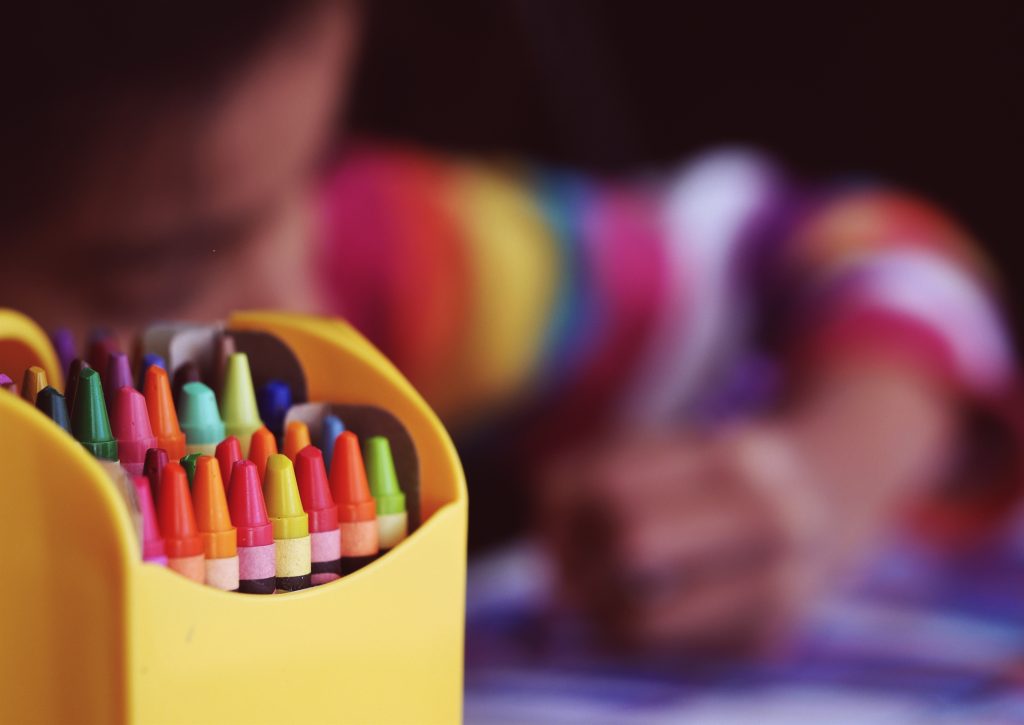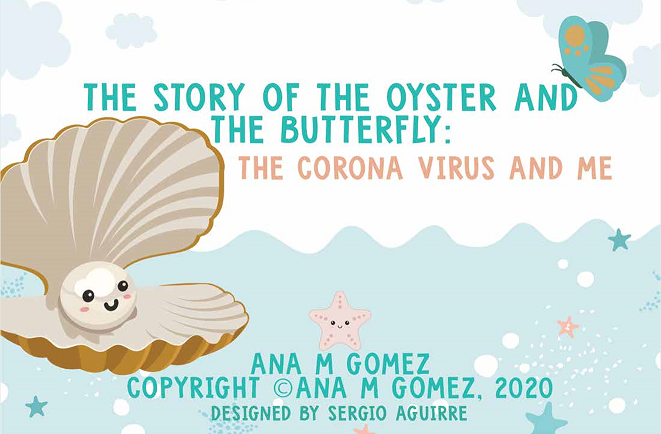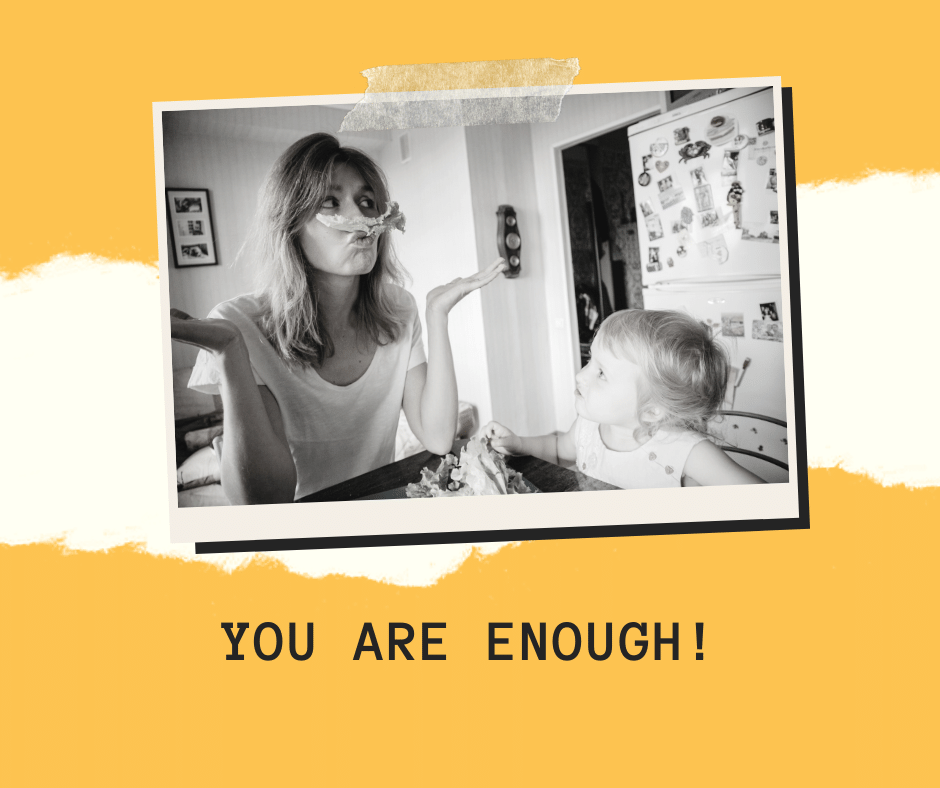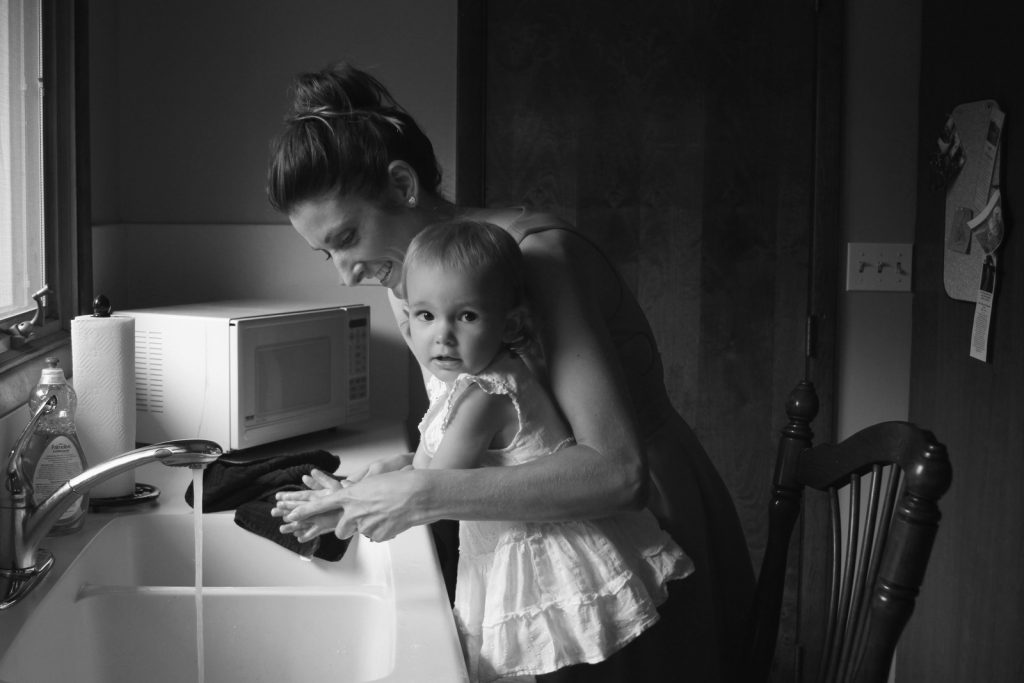A Guide for Parents on supporting children and young people with daily routines while schools are closed from the Department of Education and Skills

The Department of Education and Skills has provided this guide to support parents of children of schoolgoing ages. It includes ways to plan their days and really useful tips for parents. Click here to read it.
The Story of the Oyster & the Butterfly

Here’s a workbook by Ana Gomez, shared with us by Tusla, to help children learn to cope with Covid-19.
Good Enough Parenting

At our Circle of Security parenting groups we learn that decades of research tells us that children don’t need perfect parents…good enough is good enough!
Parents cannot be perfect – because we are human and so are our children!
Trying to be a perfect parent can lead to anxiety, even more so during stressful times. This in turn makes it harder to relax and just ‘be with’ our children.
Have a read of this article from the Circle of Security blog and try to be kind to yourself as you navigate parenting in these stressful times.
Realistic Parenting

At our Triple P Seminar ‘The Power of Positive Parenting’ we talk about the core principles of Positive Parenting. One of these is Having Realistic Expectations.
In everyday life its important be realistic about what we expect from our children, and what we expect of ourselves – and this becomes even more important during challenging times.
If you are struggling with a child’s behaviour these questions might help:
- What rules or expectations do I have?
- Is this rule really necessary or could be get by without it?
- Can my child understand or are they old enough to do this?
Triple P – Incidental Teaching

Lots of parents are worried right now about their children’s education and learning. Rest assured that your children can learn in so many ways and so many situations, not just in school. Your children are learning every day through play, exploration and interactions with family.
A useful strategy we talk about at Triple P parenting groups is ‘Incidental Teaching’.
When your child approaches you with a question, a problem or to show you something they have made or done, they are often ready to learn and this is an opportunity for you to support this!
Follow these steps:
If you can, stop what you are doing and interact with them.
Try not to answer questions directly – ask questions to help your child figure things out, and chat to extend their learning – questions such as ’what do think it might do? What colour is it’ how can we find out’?
If they need a problem solved, you can give a hint and help them try and figure out the answer themselves.
When they have figured it out, give lots of praise!This is a fun and enjoyable way to build a positive relationship with your child and help them learn at the same time – so keep it fun, don’t push the issue if your child just wants an answer! There will be lots more opportunities to help them learn.
